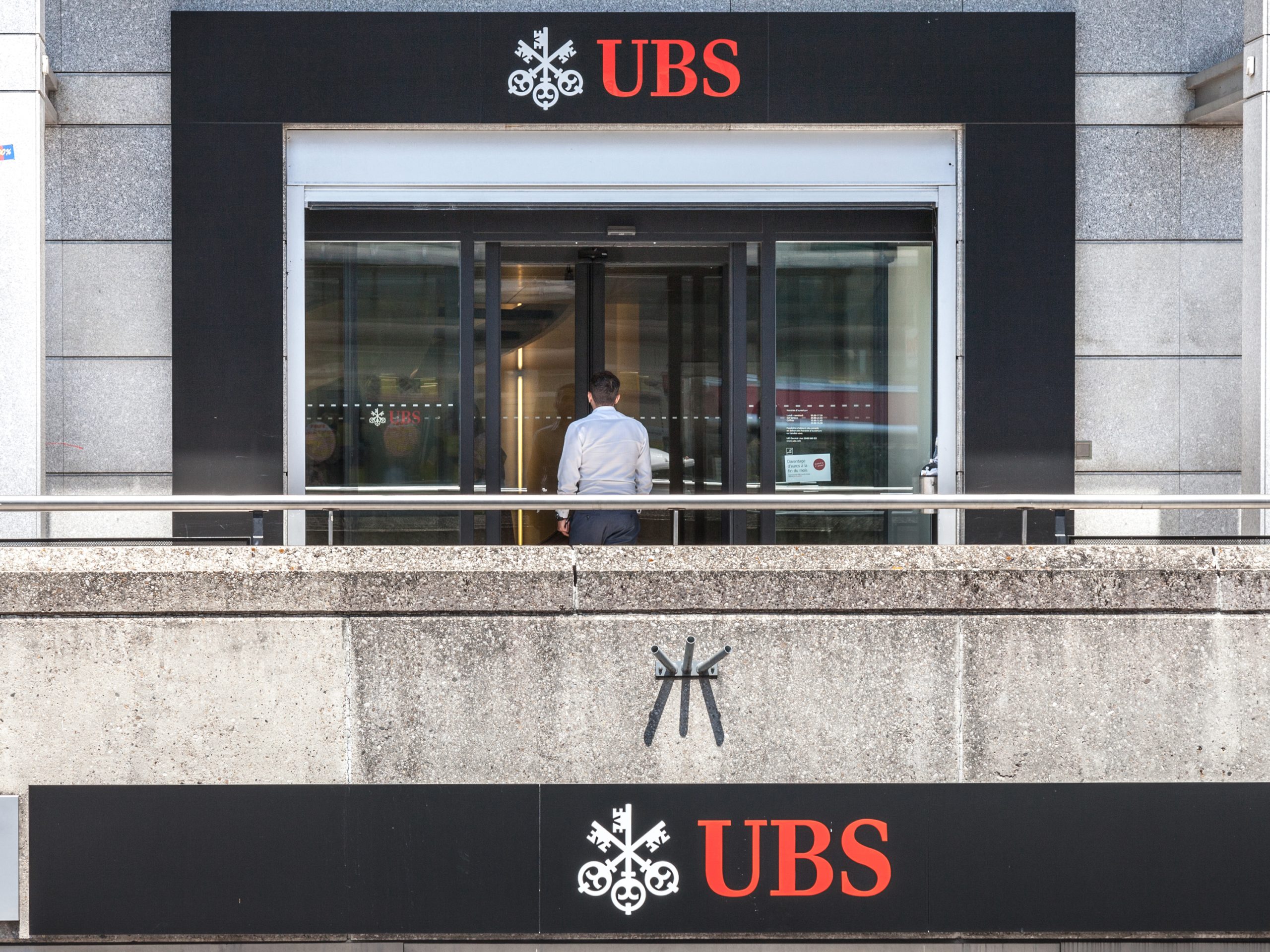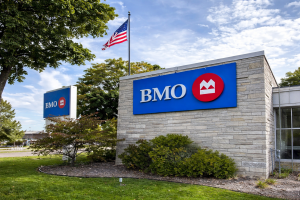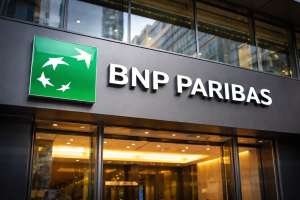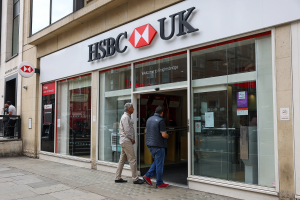UBS has announced plans to appeal a recent decision by the Swiss Federal Administrative Court, which partially questioned the legality of writing off Credit Suisse’s AT1 bonds during the 2023 rescue deal. This case has reignited debate about investor protection, financial regulation, and the role of contingent convertible bonds (CoCos) in crisis management. The outcome could have far-reaching implications for the global banking system and investor confidence in similar debt instruments.
Understanding AT1 Bonds and Their Role in Banking
AT1 (Additional Tier 1) bonds are a type of hybrid capital created after the 2008 financial crisis. They are designed to help banks absorb losses in times of financial stress and are positioned between traditional debt and equity on a bank’s balance sheet. When Credit Suisse collapsed in March 2023, Swiss regulators ordered a full write-off of $17 billion worth of these bonds while shareholders retained some value. This decision surprised investors because it appeared to reverse the usual order of loss absorption. The court’s recent ruling suggests that the legal foundation for that action might have been insufficient, raising the possibility of compensation claims from bondholders.
The Broader Impact on Banks and Investors
For banks, this legal challenge raises key questions about how capital structures are designed and perceived. If investors begin to doubt the predictability of AT1 instruments, banks could face higher costs when raising capital, especially amid rising interest rates and tighter credit conditions. Investor confidence is crucial in maintaining access to affordable funding, and uncertainty surrounding these instruments could lead to reduced demand.
For investors, trust is equally vital. Many institutional investors, such as pension funds and asset managers, hold these bonds as high-yield instruments. The uncertainty about their legal treatment may prompt a move toward simpler financial products such as deposits, loans, or mortgages that are more transparent and carry lower risk.
Regulatory and Market Implications
This case highlights the ongoing tension between rapid crisis management and adherence to the rule of law in modern banking. Regulators often need to act quickly to protect the financial system, but they also must ensure that decisions are consistent with established legal frameworks. The Swiss Financial Market Supervisory Authority (FINMA) now faces scrutiny over whether its emergency powers were used appropriately.
Other financial regulators around the world are watching the case closely. The outcome could influence how similar instruments are treated in future bank resolutions. As digital banking continues to expand and customers increasingly rely on online checking accounts, restoring confidence in the stability and fairness of financial institutions is more important than ever.
Looking Ahead: Lessons for the Future
UBS’s decision to appeal represents more than a legal dispute—it reflects the need to balance stability, transparency, and fairness in banking. Regardless of the final judgment, this case is likely to lead to clearer regulatory frameworks for AT1 bonds and more cautious investment approaches. Banks will need to communicate risks more effectively to investors and adapt to higher interest rates, tighter credit conditions, and growing competition from fintech companies.
In an environment where trust is the foundation of every financial relationship, clarity and accountability will define the future of the banking sector.
Closing Insight
The UBS–Credit Suisse AT1 bond dispute is a powerful reminder of the delicate balance that underpins global finance. As the banking industry adapts to evolving credit markets, stricter regulation, and digital transformation, maintaining transparency will be key to preserving trust. Banks that prioritize responsible risk management, customer clarity, and strong communication will be best positioned to thrive in a world of higher interest rates and increasing investor awareness.












